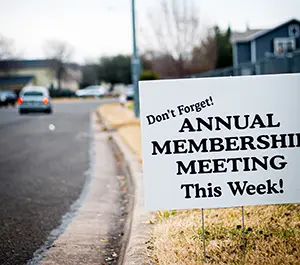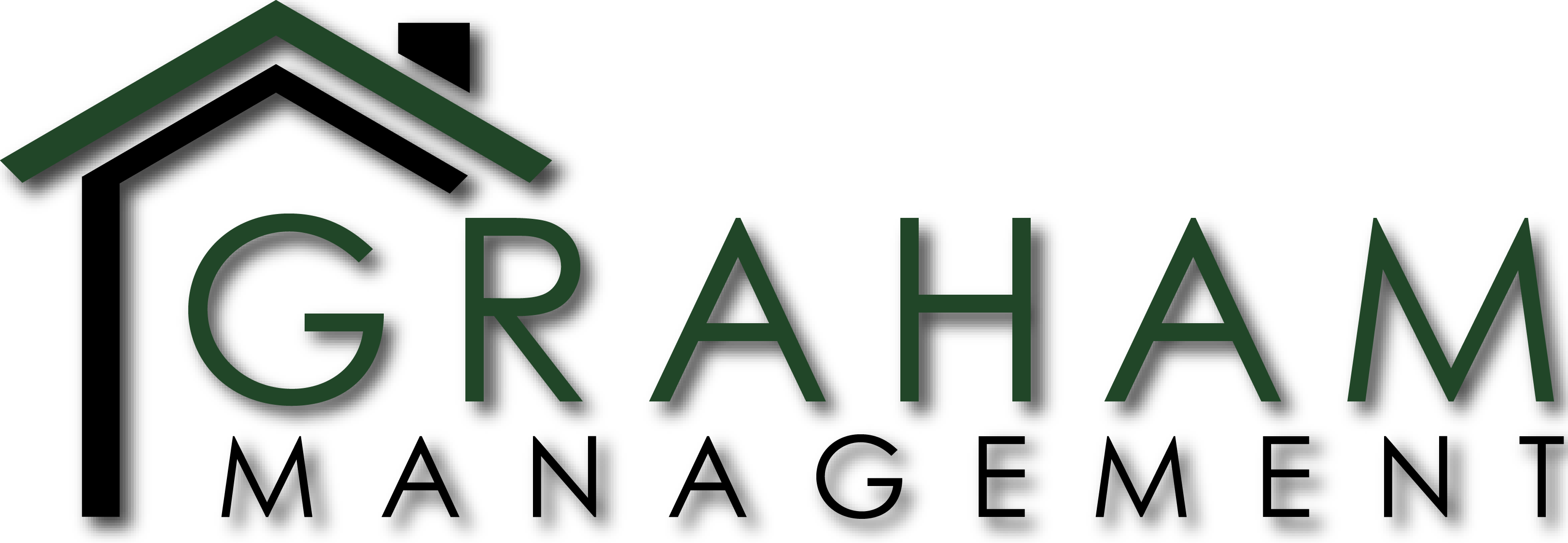The annual homeowners association meeting sets the tone for the year. It lays down past achievements, present circumstances, and future projects. Here, homeowners can get up to speed on changes and updates, while board members can give crucial reports. Understanding what goes on in the annual meeting and its requirements is a key part of association living.
What is the Annual Homeowners Association Meeting?

The annual HOA meeting is a formal meeting of all association members. It is essentially a town hall meeting, where everyone gathers to discuss association matters, review the budget, talk about upcoming projects, and address concerns. Typically, the annual meeting is also when board elections take place.
As its name suggests, the annual meeting takes place once a year. It marks the start of the new year for the association, beginning with a new budget and calculations for upcoming fees. If an HOA has committees, committee members also present their reports at this meeting.
The exact date of the annual homeowners association meeting varies per community. The association’s governing documents will typically outline the schedule for this meeting.
Some associations have more stringent requirements, such as mandating that the meeting take place within the first couple of weeks of the new fiscal year. Others have stricter requirements, such as requiring the meeting to take place on the first weekend of the new fiscal year.
Is the Annual Homeowners Association Meeting Required in Texas?
Yes. Texas law requires associations to hold annual meetings. According to Section 209.014 of the Texas Property Code, at least one annual membership meeting must take place every year.
If the board fails to schedule an annual meeting, a homeowner may request that one be held. The homeowner must make this request in written form and sent via certified mail. The board must then comply with this demand within 30 days.
What Goes on in the HOA Annual Meeting?
Associations may have several meetings throughout the year, but the annual meeting is arguably the most packed. Homeowners are encouraged to actively participate in this meeting, raising concerns and casting their votes. The specific activities that take place at the meeting will depend on the agenda.
In general, the annual HOA meeting agenda includes the following:
- Call to Order. This marks the official start of the meeting. The secretary also typically takes attendance at this point.
- Review of Past Meeting Minutes. This is when the association reviews the minutes of the past meeting and signs off on it.
- Presentation of Committee Reports. One by one, committees present their reports to the membership.
- Presentation of the Annual Budget and Financial Reports. The board presents the annual budget, complete with anticipated expenses and revenue. Financial reports for the preceding year are also presented.
- Discussion of Ongoing and Upcoming Projects. If the association has any updates on current or future projects, this is when the board would communicate them to the membership.
- Board Elections. Members cast their votes for the board elections. Some communities send out ballots in advance. This is also when the votes are counted and the results are announced.
- Open Forum or Comments. During this time, homeowners can raise concerns or provide feedback on various association matters. The board does not need to address these concerns at the meeting; instead, tabling it for a future meeting.
- Adjournment. This marks the official end of the meeting.
Who can Attend the Annual Homeowners Association Meeting?
Association Meeting?
All association members may attend the annual meeting. Board members are typically required to attend. Whether or not non-members can attend the annual meeting depends on state laws and the governing documents.
Some communities prohibit renters from attending annual meetings unless they act as the representative or proxy of the homeowner or landlord. Many associations also prohibit members of the general public from participating in these meetings.
What are the HOA Annual Meeting Requirements?
To maintain order and protect member rights, associations must adhere to specific meeting requirements. These cover the notice of the meeting, the meeting agenda, quorum requirements, and the meeting minutes.
Let’s break these down below.
Notice of the Meeting
Homeowners must receive proper notice of the annual meeting. The exact notice requirements, including mode of delivery, will depend on state laws and the association’s governing documents.
Texas law requires associations to give notice no less than 10 days but no more than 60 days before an upcoming vote. Since elections take place at the annual meeting, the notice of the elections must be distributed within this timeframe. Additionally, the notice must be in writing.
HOA Annual Meeting Agenda
The homeowners association annual meeting agenda is typically sent along with the meeting notice. Sending an agenda will let owners know what to expect at the meeting. This agenda should include all topics that will be discussed.
The meeting should not stray from the agenda. For this reason, the board should carefully create the agenda and ensure that nothing is left out.
Quorum
A quorum refers to the minimum number of members who must be present for an association to conduct official business. This requirement is usually outlined in the community’s governing documents.
In many cases, at least 10 percent of the membership must attend the annual meeting for the board to present the budget or hold elections. Some associations also permit homeowners to submit proxies, which may count toward quorum.
If the association fails to meet a quorum, the meeting can’t move forward. The board has no authority to conduct business, and any actions taken without a quorum are generally considered invalid.
In certain situations, board members may even face legal consequences for proceeding without the required attendance. To continue, the board should schedule a new meeting in accordance with state laws and the governing documents.
Annual HOA Meeting Minutes
No meeting is complete without minutes. Typically, the secretary’s job is to record the minutes, which detail the actions and votes taken during the meeting. The minutes should not be a play-by-play; instead, they should be a professional recounting of actions and decisions. The board should then review the minutes and distribute them to members after the meeting.
A Collective Effort
The annual homeowners association meeting plays a key role in a community’s operations. Board members should carefully plan this meeting, whereas homeowners should attend and actively participate. In doing so, the association can get off to a great start for the new fiscal year.
Graham Management provides exceptional and reliable HOA management services to Houston communities. Call us today at (713) 334-8000, request a proposal, or contact us online to learn more!
RELATED ARTICLES:
- What Is A Quorum In A HOA? FAQs Answered
- HOA Financial Statements: Records, Reporting And Access
- Texas HOA Records: Requests, Access And Where To File A Complaint


 Association Meeting?
Association Meeting?